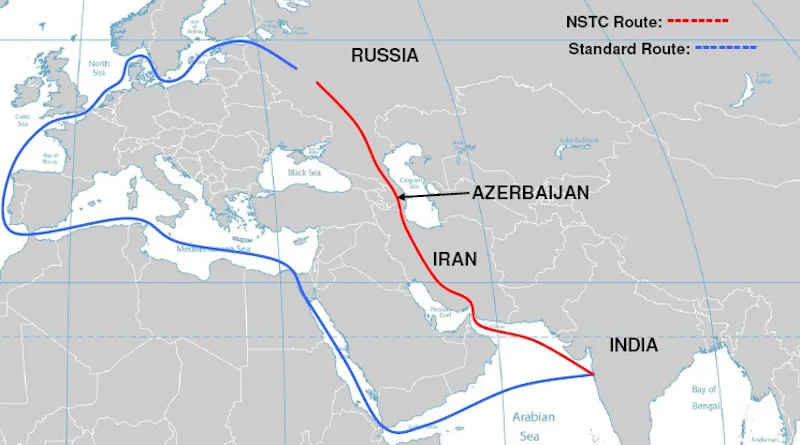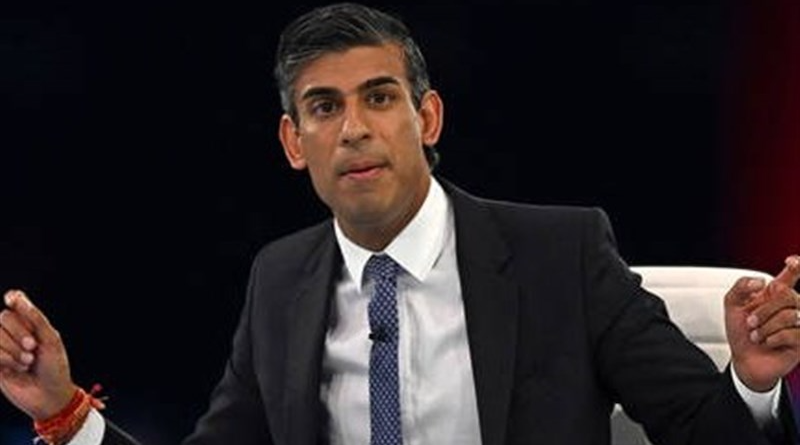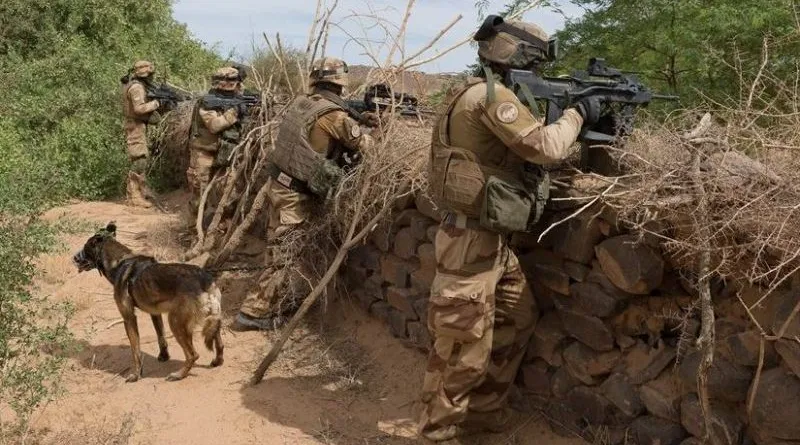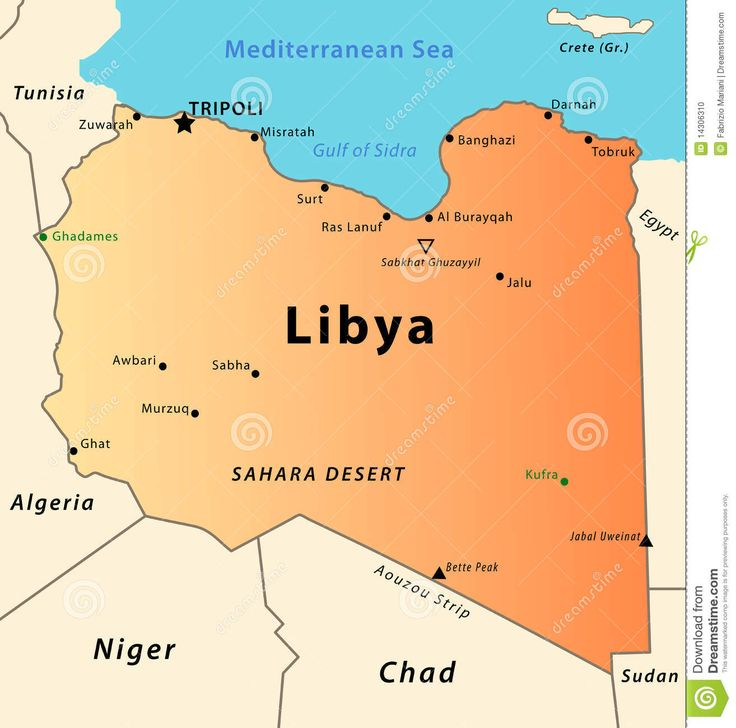Triangulation Of Eurasia: The North-South Corridor Underreported But Pivotal For Common Future – Analysis

Introduction
In the fluid global order, initiatives to articulate cooperation to its best mutual outcome, as for exchange of resources and synergies are relevant more than ever. The mighty Asian triangular format of RIC (Russia – India – China) is relatively well known although underreported in scholarly and popular writings.









